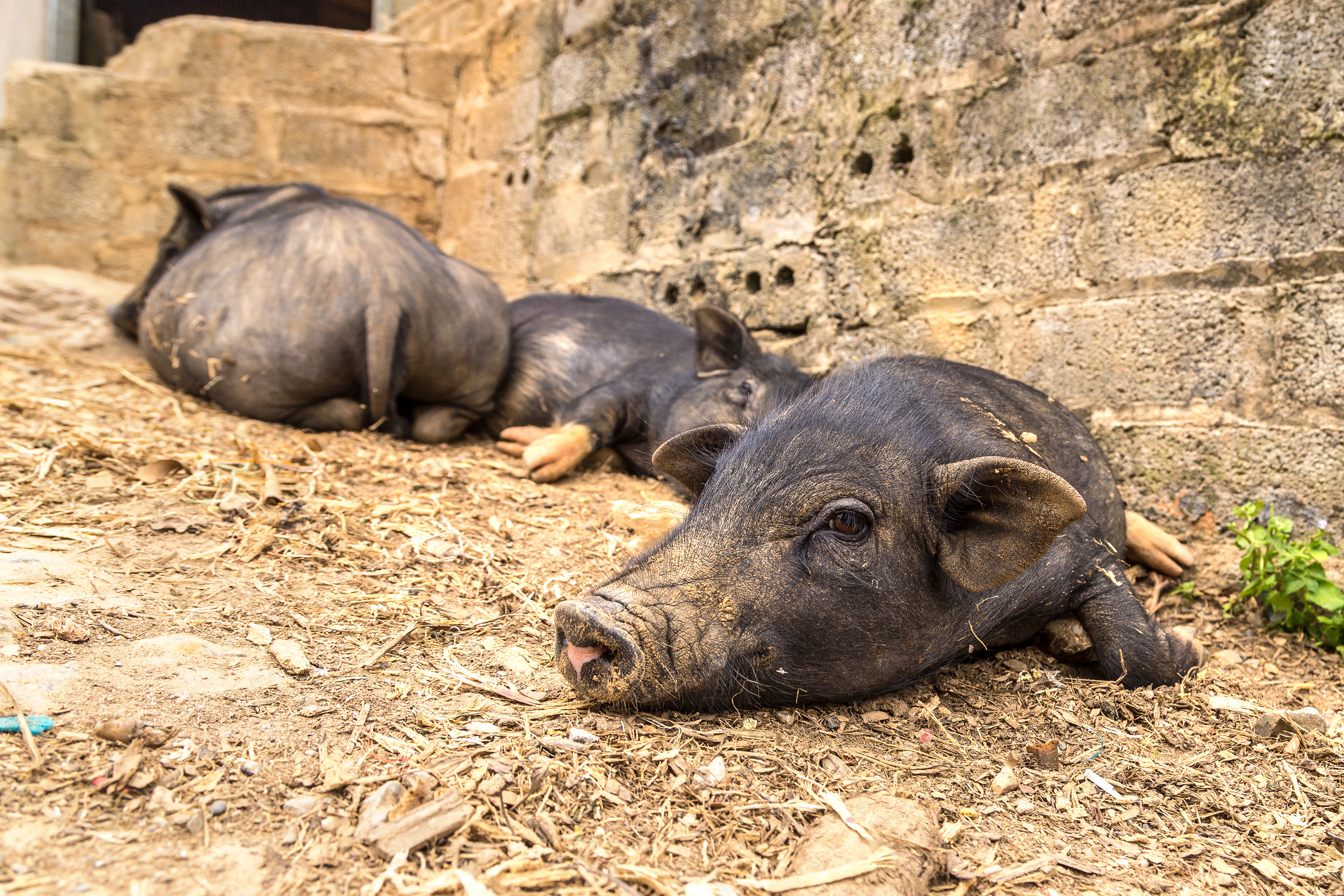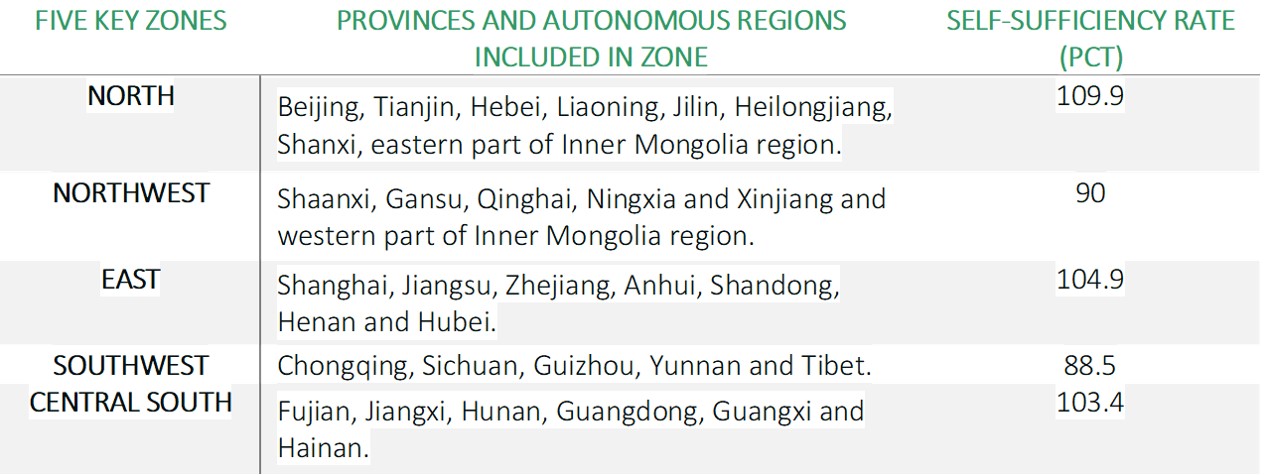



China determined to halt swine fever with hog industry overhaul
China plans to divide its hog industry into five zones in an attempt to halt the spread of African swine fever across the world's top pork producer and guarantee supplies.Beijing has reported more than 100 outbreaks of the disease, which is fatal to pigs but not harmful to people, in 28 provinces and regions since last August, causing turmoil in the $1 trillion industry and related sectors.
China's Ministry of Agriculture and Rural Affairs drew up the plan to ease the trade of pigs and pork within the regions, after earlier measures distorted prices and the market.
The plan, which was outlined in a document reviewed by Reuters, was sent to provincial governments and municipalities for their feedback last week. It is not clear if it has already been approved.
The Ministry of Agriculture and Rural Affairs did not respond to a fax with questions on the document, which was issued 18 February and requested feedback by 22 February.
In a separate document, Beijing said it is targeting fewer outbreaks of the disease in the first half of 2019 than in the second half of last year.
Despite banning the movement of pigs out of infected provinces, the disease, for which there is no cure or vaccine, has spread rapidly and been reported in three new provinces over the last week, including on large farms that are expected to have higher disease prevention standards.
"Although the country has introduced several prevention and control policies and measures, it has had little effect," said Huatai Futures in a note on Wednesday. China's vice premier Hu Chunhua said on Tuesday that the situation remained "very serious" and called for intensifying controls, Xinhua reported.

Boosting supplies
The draft plan aims to "further strengthen African swine fever prevention and control measures, establish a long-term effective animal disease prevention system, protect the healthy development of the hog sector and stabilise market supplies", it said.
Under the proposal, disease prevention measures and the enforcement of laws regulating transport will be unified across the region, allowing for smoother trade. Each region contains one of China's top pig-producing provinces, which will ensure it is basically self-sufficient in pork, said the document, which also included a map and data on the self-sufficiency rate. However, it said that in some places where production has been restricted, efficient and environmentally friendly farming should be resumed to some extent, with southern areas promoting high-quality farming companies. It also calls for supporting large-scale livestock producers to develop integrated production from breeding through to processing across a whole zone.
The ministry proposes piloting the new system first in the "central south" zone that comprises Fujian, Jiangxi, Hunan, Guangdong, Guangxi and Hainan. This zone would then share its experience with the rest of the country before the other regions proceed with the plan. Experts said that China's plan appeared to be more focussed on guaranteeing supply than halting the disease.
"I think this is not going to tackle the issue of this disease. It helps contain the disease in the area but not really eradicate it," said Pan Chenjun, senior analyst at Rabobank.
Many experts believe that the disease is now endemic in China and may take years to eradicate.
"They're getting to a point where they're trying to live with the disease," said an animal disease expert who declined to be quoted because of company policy.









